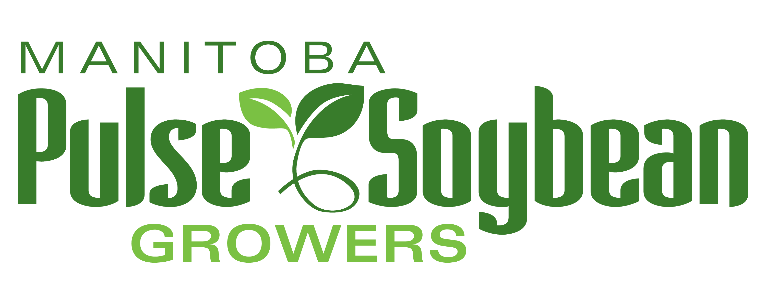With historical crop damage due to waterlogging/flooding conditions in Manitoba, the sustainable production and expansion of soybeans on the Prairies require successful development of cultivars with improved tolerance to sub-optimal soil moisture conditions. Phytoglobins (Pgb), expressed during growth, development and in response to environmental and pathogen stresses, likely have a universal role in alleviating flooding/waterlogging stress. This project will develop (through genetic manipulations) soybean plants with altered expression of Pgbs, enhancing the crop’s waterlogging and/or submergence tolerance. Researchers will then determine if Pgbs can be used as a molecular marker to assess waterlogging and/or submergence tolerance, and subsequently, correlate the tolerance of commercial soybean cultivars to the expression levels of Pgb. In addition, because Pgbs may also be a factor in drought tolerance, developed soybean cultivars with altered Pgb levels and commercial cultivars will be utilized to determine if Pgb confers drought tolerance. A comprehensive investigation of this mechanism of excess water/drought resistance is essential to proceed with introgression of the trait into commercially viable soybean cultivars. Having a more tolerant cultivar will result in increased profitability for farmers as a result of minimizing crop failure when fields are completely inundated and increasing yield in fields where depressions cause localized damage to plants as a result of lingering soil moisture.
